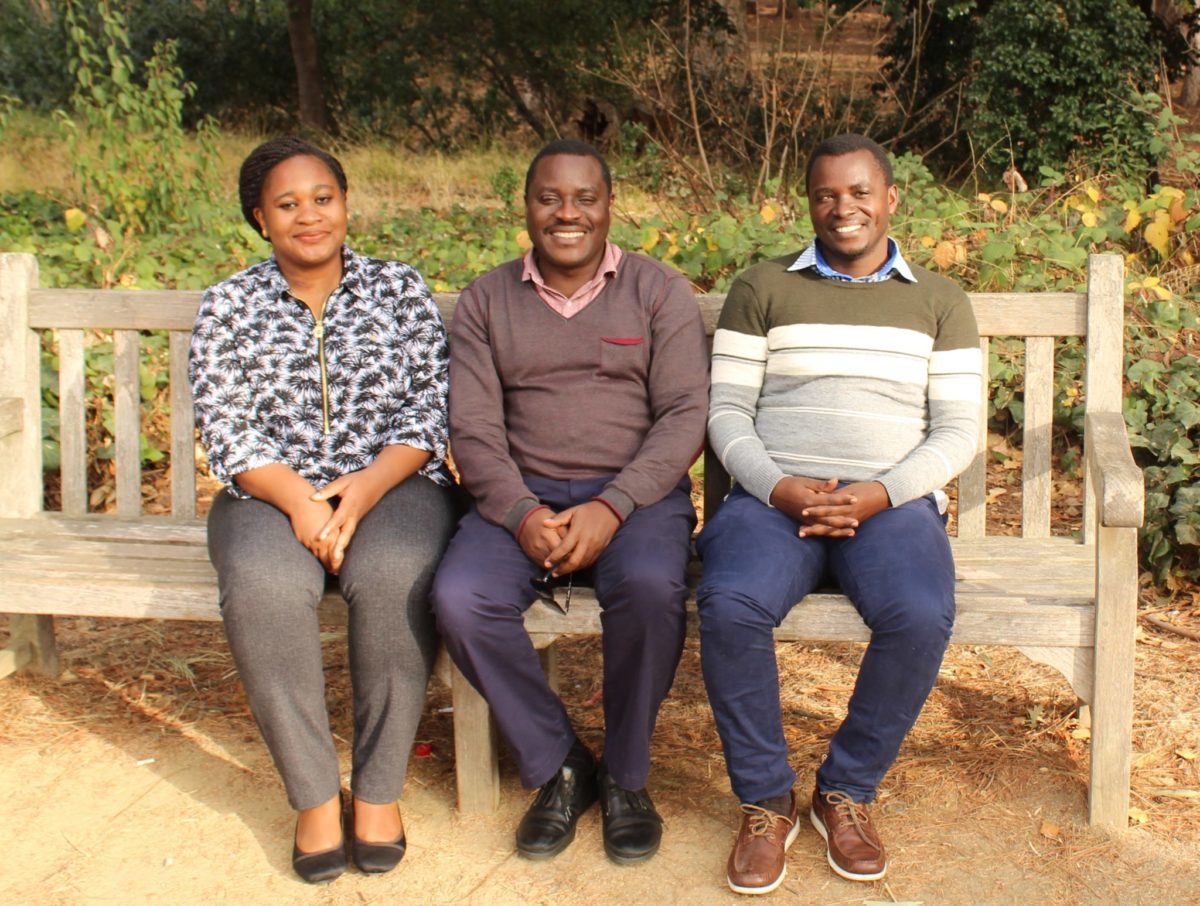2020-2021 EASST Visiting Fellow Request for Applications

The East Africa Social Science Translation (EASST) Collaborative invites researchers interested in developing their skills in impact evaluation to apply for a 4-month fellowship (sabbatical) at the University of California, Berkeley, to be completed during Fall 2020 (August- December) or Spring 2021 (January – May).
To be eligible, researchers must be East African nationals who hold a staff or student position at a research institution, university, or other organization headquartered in Kenya, Uganda, Ethiopia, Tanzania, Rwanda, Burundi, or South Sudan. Applicants must already have a PhD or be working towards a PhD, except in the case that they are directly referred by an EASST fellow.
Researchers from quantitative social science disciplines are encouraged to apply. The request for application for the 2020-2021 cohort of EASST fellows will be open until 9:00 am U.S. Pacific Time on Monday, February 10, 2020. Eligible applicants are invited to apply following the directions in the Request for Applications (see orange button), which contains details on the fellowship activities, selection criteria, and forms for submission. Female applicants are especially encouraged to apply.
Please join us for webinar on January 9, 2020 at 7:00 PM Eastern African Time (EAT). We will review the Visiting Fellowship Program and answer any questions regarding the program or application process.
FREQUENTLY ASKED QUESTIONS
Q. Do I need to hold a PhD to apply to the EASST fellowship?
A: No. Applicants to the EASST fellowship must have completed a PhD within the last 8 years, or be enrolled in a PhD program in economics, statistics, epidemiology/public health, or another social science discipline. In exceptional cases, the applicants will hold a Masters’ degree in a relevant field and have plans to pursue a PhD in the future. These cases will require a direct referral by an EASST fellow.
Q. I’m from Eritrea/Somalia/ Djibouti, which is considered East Africa, am I eligible to apply?
A: No, unfortunately you are not eligible to apply. While we are trying to expand our program to more countries, we currently only accept applications from nationals of Ethiopia, Kenya, Rwanda, Tanzania, Uganda, Burundi, or South Sudan.
Q. I’m from an eligible East African country, but am currently based in Europe/East Asia/ West Africa/etc. Am I eligible to apply?
A: Yes, as long as you hold a staff or student position in an eligible East African country and have plans to return to East Africa to do research.
Q. Is research funding guaranteed once I become an EASST fellow?
A: No. While becoming an EASST fellow opens you up to multiple funding opportunities, such as our annual research grant competition and our policy engagement fund, these calls are competitive and every fellow is not guaranteed to be selected. However, funding of 5,000 to 7,500 USD to train others on impact evaluation is guaranteed.
Q. My university/organization won’t allow me to leave for 4 months and continue being paid, will EASST provide me with a salary?
A: No. The EASST program will cover the costs of room and board in Berkeley, health insurance, visa fees, and roundtrip economy airfare for selected fellows. In addition, fellows will be provided a monthly stipend to cover any other expenses that may occur during the stay at UC Berkeley (local transportation, personal hygiene items, etc.).
Q: What is the EGAP fellowship?
A: The EGAP fellowship is a new program hosted by Evidence in Governance and Politics (EGAP), a network for scholars and practitioners actively engaged in field experiments on the topics of governance, politics, and institutions. While this fellowship is similar to EASST in some respects and hosted at UC Berkeley, the main goal of the EGAP fellowship is for researchers focused on governance to develop a current working paper while at UC Berkeley and be ready for submission to a high-level academic journal at the end of the semester (unlike EASST, which focuses more at the proposal stage). Applicants to the EGAP fellowship must submit a 15-30 page working paper/report in the area of governance, institutions, or political participation. To be eligible for the EGAP fellowship, one must be a national of a sub-Saharan African country (unlike EASST, which requires applicants to be a national of an East African country).

